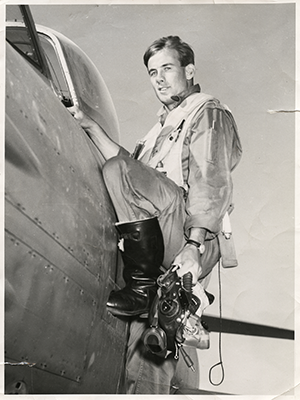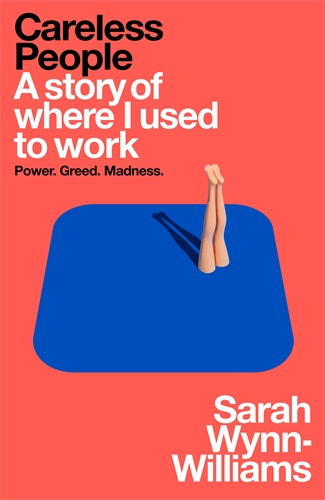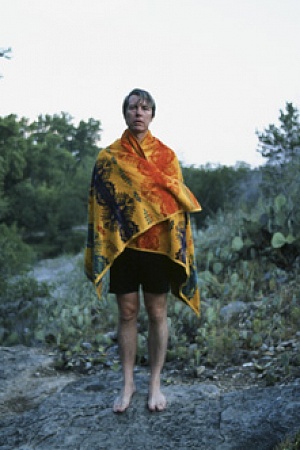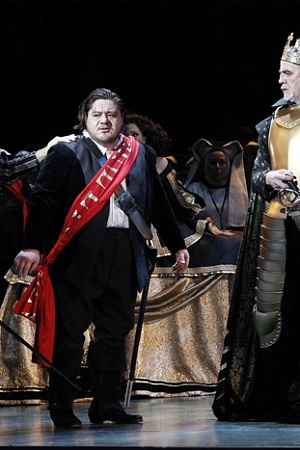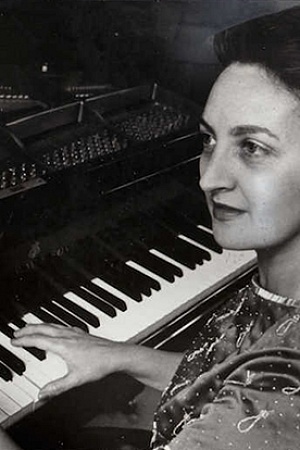An A-Z of Alfred Brendel by Michael Shmith (Alfred Brendel: The Complete Philips Recordings) ★★★★★
Why an A-Z of Brendel? Well, this is what the man himself has to say in the preface to his slim volume, A Pianist's A-Z: A piano lover's reader (2013): 'This book distils what, at my advanced age, I feel able to say about music, musicians, and matters of my pianistic profession ... Comprehensiveness is not an issue – my literary sympathies tend towards the fragment and the aphorism.'
Brendel's pithy survey – from Accent to Zvonomir: 'Legendary medieval king of the Croats. His connection to music, and to this alphabet, is, at best, peripheral' – occupies just 117 pages; but his reflections are masterly. Were Brendel a composer, his writings would be Schubertian: but, in this case, moments musicaux, not a sonata.
When I received this chunky box-load of 114 CDs, representing Brendel's complete recordings for Philips, for which he recorded for forty years, my immediate thought was how best to review it. The track listings alone occupy around half of the 200-page book that accompanies the set. Many of the performances are like old friends to me, while hearing others made me wish I had met them long ago. There is much to treasure, but how to do it justice?
Continue reading for only $10 per month. Subscribe and gain full access to Australian Book Review. Already a subscriber? Sign in. If you need assistance, feel free to contact us.

